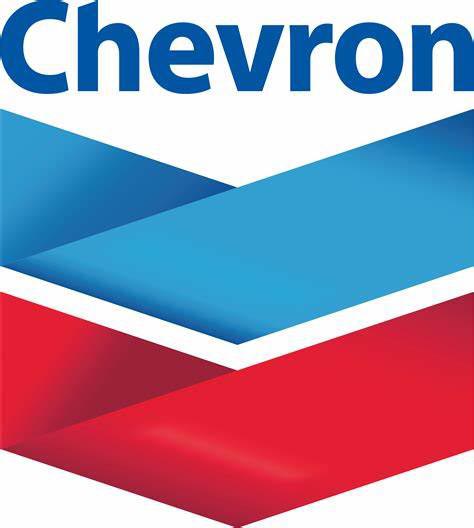On the back of the various challenges which Venezuela’s oil and gas sector has had to face in recent years, not least the protracted United States embargo on the country’s oil exports and more recently the explosive corruption-related revelations in the sector, the acceleration of the country’s oil exports with the critical support of the US oil giant, Chevron, would appear to have hit a proverbial wall.
Last week the international energy news site Oil Price.com reported that a critical initiative designed to accelerate the country’s oil exports is threatened on account of Caracas’ inability to meet the cost of dredging, a critical oil export inlet that is vital to the overall execution of the project. A May 5 Oil Price.com article said that moving ahead with the oil export push requires the dredging of Lake Maracaibo but that there may be problems associated with Venezuela’s ability meet the cost of the equipment necessary for the execution of the dredging exercise.
Chevron has reportedly undertaken a measurement of the amount of sediment accumulated at the bottom of Lake Maracaibo but appears to have baulked at having to meet the cost of dredging, an exercise that is necessary if the US company is to increase Venezuela’s oil exports. Chevron reportedly asked Venezuela to dredge the inlet in order to avoid ships from running aground as the company seeks to fulfill what it says is the ambition “of exporting between 400,000 bpd and 500,000 bpd of crude oil out of Venezuela.” The US Company is already playing a key role in the country’s oil recovery operations, where its current exports reportedly stand at 300,000 barrels per day.
While US sanctions continue to impose considerable strain on Venezuela’s oil exports, and by extension, the country’s already seriously debilitated economy, internal circumstances associated with the management of the country’s oil sector have been thrown in to further disarray by recent revelations of corruption at the state-run oil company, PDVSA, which has resulted in a number of key oil and gas officials being removed from their positions. Venezuela’s volumes of heavy crude mean that the country still occupies a strategically important in the global oil industry. The heavy crude is in high demand by Gulf Coast refiners who are reportedly keen to strike deals with the South American nation.
Under the current arrangement that allows for CHEVRON’s operating presence in Venezuela the company has been green-lighted to pursue a joint venture operation with PDVSA. Under the arrangement, returns from oil recovered by CHEVRON are being used to liquidate Venezuela’s debt to the US company and to help increase PDVSA’s profits.






